Last night I finished Christian McEwen’s excellent book, World Enough and Time: On Creativity and Slowing Down. McEwen explores several ways to nurture creativity, a difficult task in a culture that revolves around overactivity and excessive screen-time. 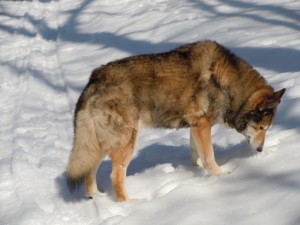 One of my favorite suggestions (and a practice I already regularly engage in) is walking in nature. I learned this from my husky-shepherd, Lefty, who quickly made it clear that the key to keeping him calm was a long off-leash walk in the woods every day. I found this break so nourishing, I’ve continued the practice. Even though he’s been gone for 12 years, I make a point of walking daily in all kinds of weather. And when I need an extra nudge to get my tired or tense torso out the door, I channel the ghost of my four-legged personal trainer, remembering that even at the very end of his life, he’d battle his own demons of arthritis, fatigue and lethargy for the joy of being in the woods.
One of my favorite suggestions (and a practice I already regularly engage in) is walking in nature. I learned this from my husky-shepherd, Lefty, who quickly made it clear that the key to keeping him calm was a long off-leash walk in the woods every day. I found this break so nourishing, I’ve continued the practice. Even though he’s been gone for 12 years, I make a point of walking daily in all kinds of weather. And when I need an extra nudge to get my tired or tense torso out the door, I channel the ghost of my four-legged personal trainer, remembering that even at the very end of his life, he’d battle his own demons of arthritis, fatigue and lethargy for the joy of being in the woods.
Many cultures have recognized the benefits of nature walking. The Japanese even have a word for this: shinrin-yoku, which translates as forest-bathing. Devotees of shinrin-yoku recommend that you go into the forest without your phone or your camera, and with as little of an agenda as possible. It’s not even necessary to go anywhere. Simply follow your eyes, ears, nose, and feet, and immerse yourself in all the sensations the woods have to offer. This advice melds nicely with some of McEwen’s other suggestions around cultivating creativity: resisting “hurry sickness” (the idea that you have to complete a task to get to the next one), taking the time to observe your surroundings closely (with all your senses, not just your eyes), and paying more attention to the silence and the pauses between actions.
Having now read McEwen’s book, along with articles on shinrin-yoku, I can see that while I’m glad to have a nature-walking practice, I’m not yet skilled in engaging in it with this kind of quality. I’m often thinking about how long (or how little time) I can spend, and I’m often rushing up the trails I’ve chosen, setting an agenda that will give me good physical exercise, but not necessarily the best workout for my mental and creative health.
So again, I’m going to channel Lefty’s ghost, remembering that he had no agenda when he walked, and often wandered off on his own, following his nose for potentially tasty morsels, finding muddy puddles to roll in, and once making friends with a wandering coyote. I’m not about to squat at every tree or chase squirrels, but other than that, I’m wondering what it would it be like to walk in the woods with the mindset of a dog. To saunter along and sniff at whatever touches my fancy, and occasionally run my heart out for the thrill of the rush of the wind on my face?
How to truly take in the lesson that I don’t always have to have an agenda, a checklist, a time limit? Dogs don’t care about time. Why should I?
Time keeps on slipping… slipping… slipping… into the future. So says the well-known song by the Steve Miller Band. We can’t change that, but we can cultivate a sense of expanded time, by reining in our busy-ness and paying attention to what’s around us, especially the silence and pauses between actions, as McEwen says. Yes, I know that stopping to smell the flowers is a well-worn cliché, but when was the last time we actually did that?
To subscribe to this blog, sign up at ddinafriedman.substack.com

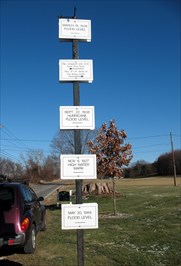
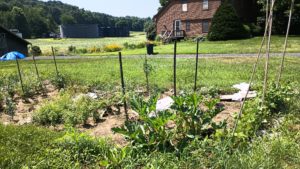
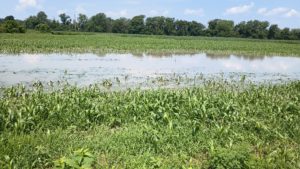
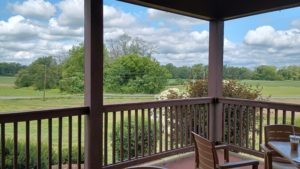 I highly recommend writing dates with friends (either in-person or on Zoom) as a way of getting going. In addition to enjoying a brief visit before writing, I couldn’t just tweak a poem or two and then get up to succumb to the call of the unpaid bills or the weedy garden, because at the end of the session I knew we’d be reporting to each other on what we’d done and possibly sharing some of our work. Even as I flitted from poem to poem and took several breaks for Wordle and its Dordle and Quordle variants, not to mention checking email and social media, I kept coming back–until I could look at a poem and remember why I wrote it and why it might still matter. And that helped me finally make the shift back to my creative center.
I highly recommend writing dates with friends (either in-person or on Zoom) as a way of getting going. In addition to enjoying a brief visit before writing, I couldn’t just tweak a poem or two and then get up to succumb to the call of the unpaid bills or the weedy garden, because at the end of the session I knew we’d be reporting to each other on what we’d done and possibly sharing some of our work. Even as I flitted from poem to poem and took several breaks for Wordle and its Dordle and Quordle variants, not to mention checking email and social media, I kept coming back–until I could look at a poem and remember why I wrote it and why it might still matter. And that helped me finally make the shift back to my creative center.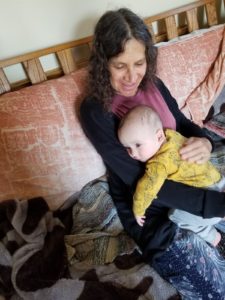
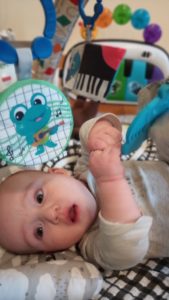 In fact,
In fact, 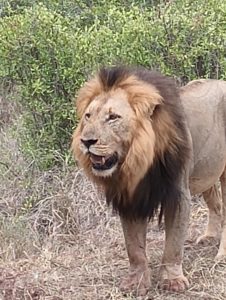 Two days into my South Africa trip, I started getting cold symptoms. I tested for COVID and was relieved to be negative, so I went on a safari and for a walk with rifle-carrying naturalists in the wild bush, chalking up the fatigue I was feeling to two consecutive red eye flights followed by the eight hour bus ride to Kruger National Park.
Two days into my South Africa trip, I started getting cold symptoms. I tested for COVID and was relieved to be negative, so I went on a safari and for a walk with rifle-carrying naturalists in the wild bush, chalking up the fatigue I was feeling to two consecutive red eye flights followed by the eight hour bus ride to Kruger National Park. 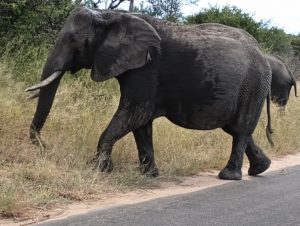 A few days later, when we arrived in Cape Town, my husband was also coughing and sneezing. Our symptoms felt like a typical cold, but just to make sure, we both tested again. BINGO! For both of us, a flaming red line.
A few days later, when we arrived in Cape Town, my husband was also coughing and sneezing. Our symptoms felt like a typical cold, but just to make sure, we both tested again. BINGO! For both of us, a flaming red line.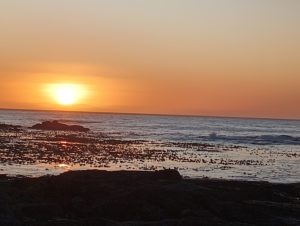 I’ll just have to be patient, put on my mask and be happy enough to sit on an uncrowded beach and watch the sunset.
I’ll just have to be patient, put on my mask and be happy enough to sit on an uncrowded beach and watch the sunset.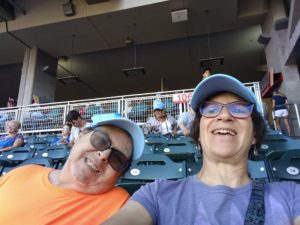 “An artist needs to be something like a whale swimming with his mouth wide open, absorbing everything until he has what he really needs.”–Romare Beardon
“An artist needs to be something like a whale swimming with his mouth wide open, absorbing everything until he has what he really needs.”–Romare Beardon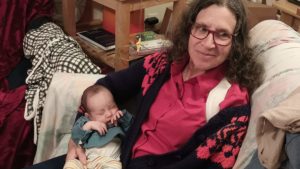 Both have inspired a lot of writing, and watching the awe and wonder with which Manu approaches the world fills me with a poignancy hard to describe without resorting to clichés about both the preciousness and fragility of life, and how one of the most healing things we can do for grief (at least for me) is to continue to practice gratitude and look forward, even as we continue to struggle to make sense of the cracks in our past.
Both have inspired a lot of writing, and watching the awe and wonder with which Manu approaches the world fills me with a poignancy hard to describe without resorting to clichés about both the preciousness and fragility of life, and how one of the most healing things we can do for grief (at least for me) is to continue to practice gratitude and look forward, even as we continue to struggle to make sense of the cracks in our past.
